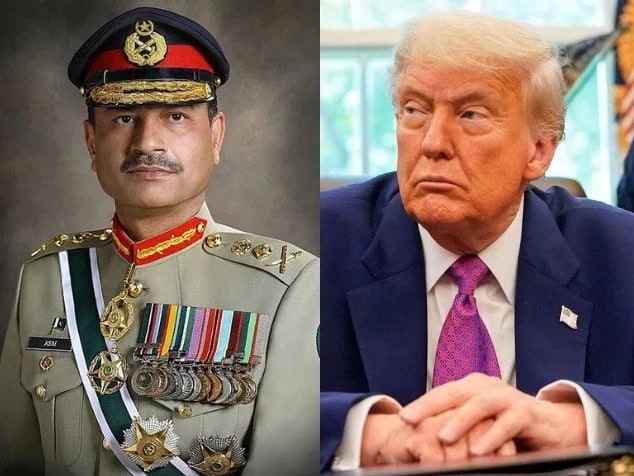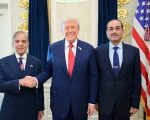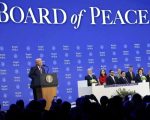In the modern battle for global perception, it becomes clear who chooses to fight with facts and who relies on fiction. The recent US visit of Pakistan’s Chief of Army Staff, Field Marshal Asim Munir, became a striking case study in this very dynamic. A narrative, driven largely by Indian media, began to circulate claiming he had been snubbed for a US Army parade. This claim, however, deliberately omitted the crucial fact that no foreign military leaders were invited.
This selective reporting raises a pertinent question: why was Pakistan’s leader singled out? The motive appears to be an attempt to manufacture a controversy to detract from a visit that was, by all other measures, profoundly successful. While a rival’s media machine focused on this falsehood, the reality of the welcome told a very different story.
It began with a high-visibility spectacle on the screens of Times Square. The display of the Field Marshal and Pakistan’s national flag in such an iconic location was not merely public relations; it was a powerful statement of respect and a bold declaration of confidence on the world stage. It immediately countered any narrative of isolation and signaled a relationship being celebrated, not just conducted.
This public display was complemented by substantive validation from the highest echelons of the US military. Testifying before Congress, US CENTCOM Commander General Michael Kurilla described Pakistan as a “phenomenal partner.” This was not empty praise, but an official endorsement grounded in a deep security relationship. The General’s recounting of Field Marshal Munir’s personal call following the capture of a key terrorist underscored a level of trust and cooperation that cannot be dismissed.
But the respect he received in Washington was only half the story. The other half was unfolding in places like Dallas, where the Pakistani community gathered under a banner that said it all: “Stand with Pakistan.” This wasn’t a duty call; it was all heart. You could just feel the pride radiating from everyone in the room. It’s a powerful lesson, really: true loyalty isn’t created by an official memo or a press release. It’s built on the ground, by real people who believe in something together.
Ultimately, the episode laid bare two distinct approaches to international relations. One appears reliant on generating disinformation to undermine a rival. The other, as demonstrated by Pakistan’s armed forces and its leadership, focuses on building substantive partnerships and projecting a quiet, professional strength.
The success of the visit is therefore not defined by a parade invitation that never existed for anyone. So, when you want to measure the real success of this visit, don’t look at the gossip. Look at the powerful backing from key allies. Look at the bright welcome lights of New York. And look at the heartfelt support from its own people. That tells you the real story of a professional army—one whose reputation is built on what it actually does, not on the fake stories its rivals invent to tear it down.














